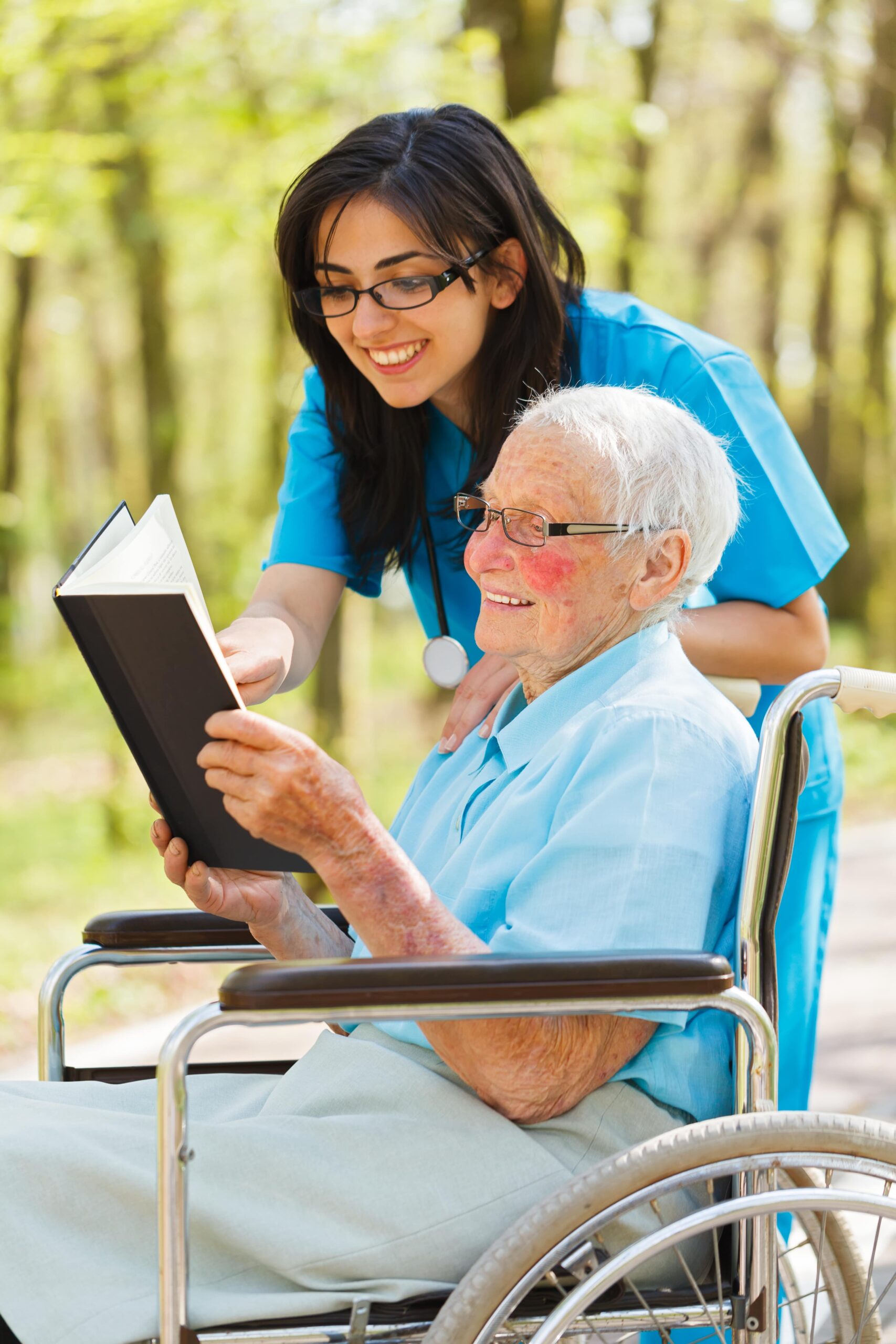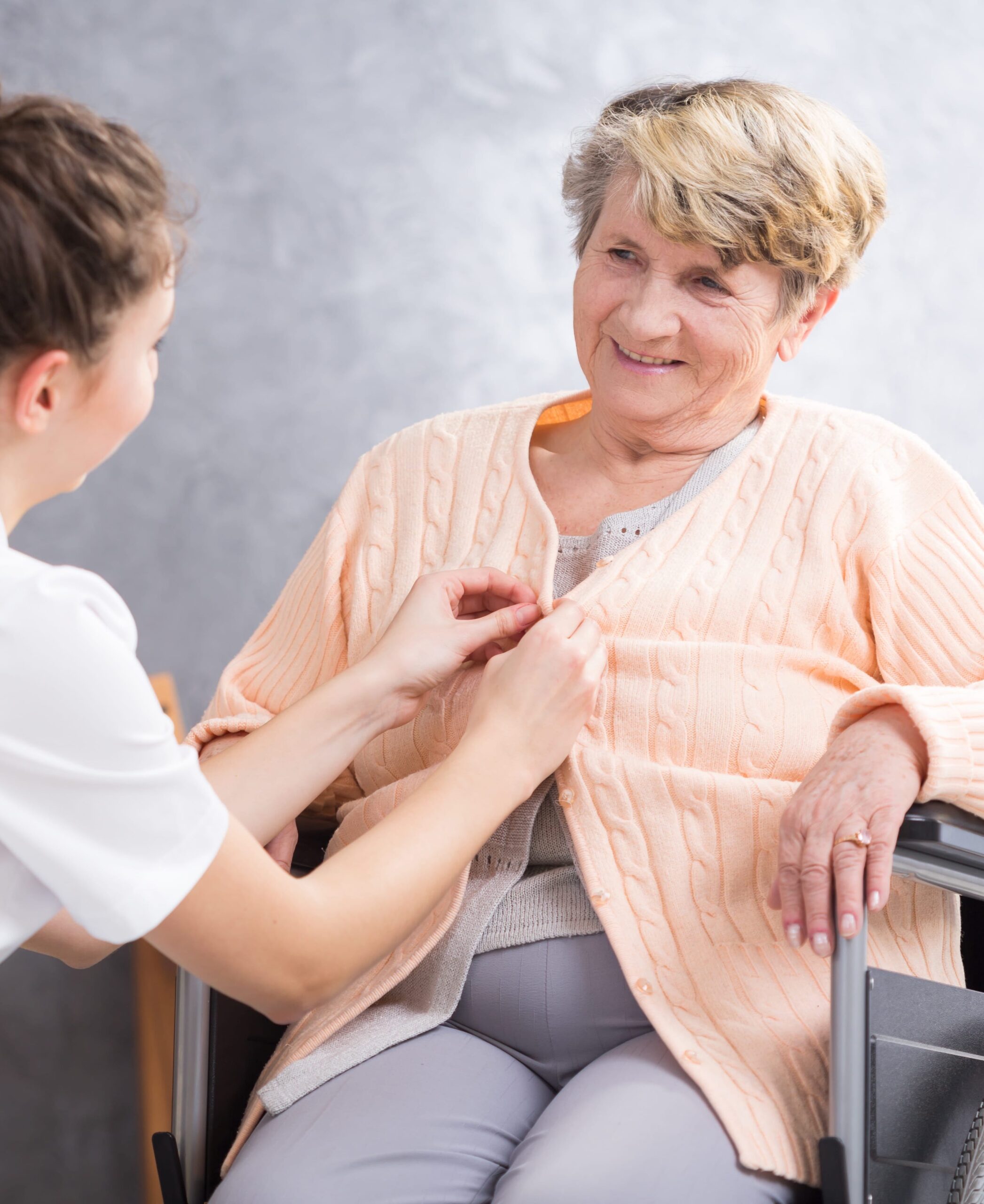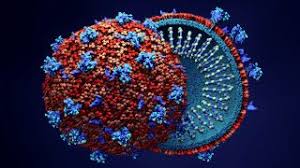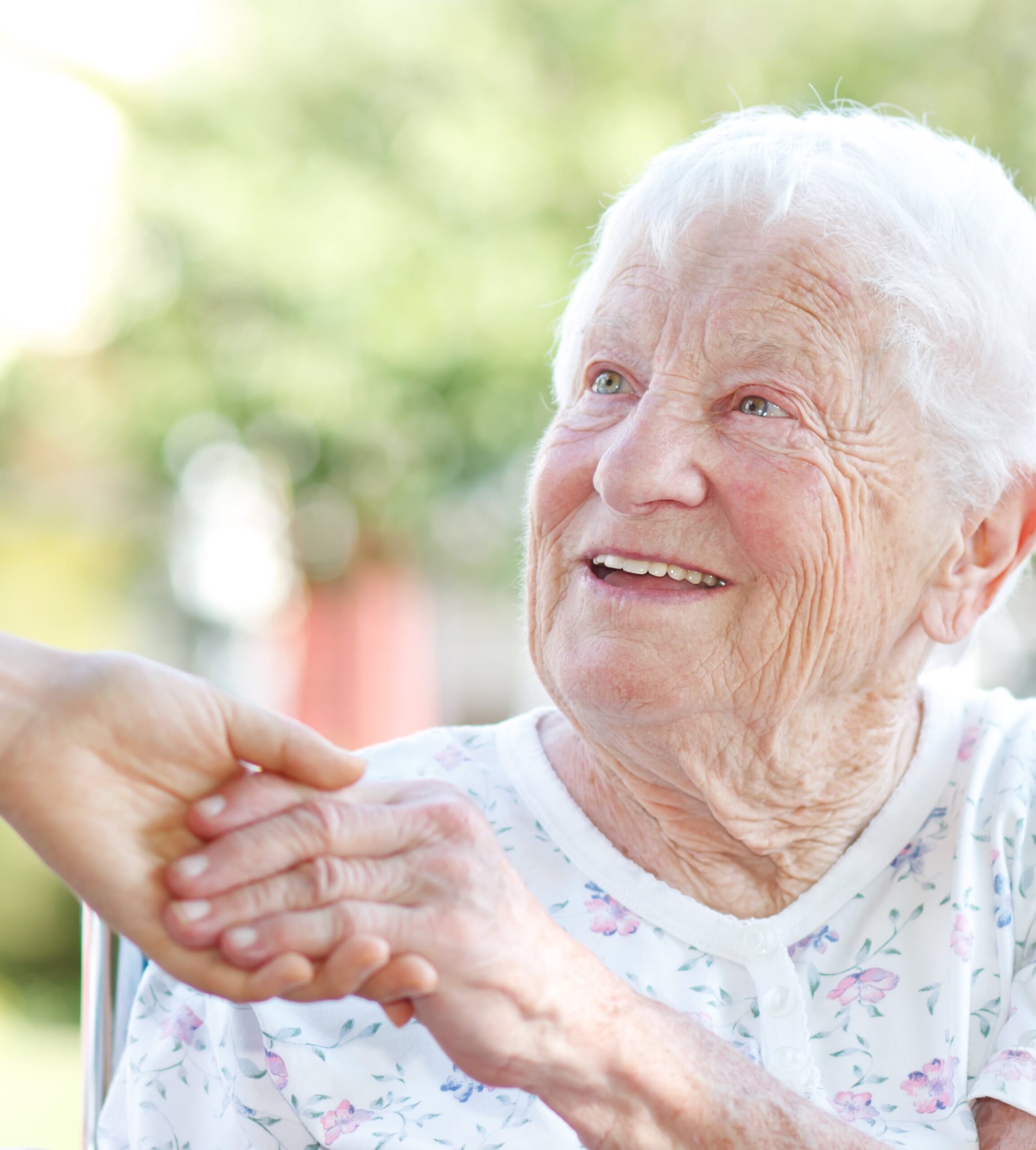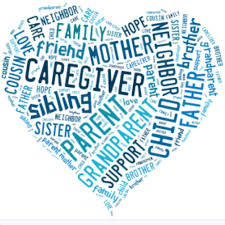A new study, which was published in the journal JAMA Neurology, found that one in 10 Americans over the age of 65 have dementia, while 22% experienced mild cognitive impairment. It studied nearly 3,500 people via interviews and neuropsychological tests on a randomly selected sample of seniors between June of 2016 and October of 2017. 15% of those who identified as black tested positive for dementia, while 22% had mild cognitive decline. 10% of those who identified as Hispanic had dementia, while 28% had mild cognitive impairment. This compares to 9% of white people who had dementia and 21% had mild cognitive impairment.
Link Between COVID-19 And Alzheimers And Dementia Found
A new study, which was published in the Journal of Alzheimer’s Disease, found that there were seven new diagnoses of Alzheimer’s disease for every 1,000 seniors who had a documented case of COVID-19 in the past year, compared to five new diagnoses for every 1,000 who did not. However, Heather Snyder, VP of medical and scientific relations at Alzheimer’s Association, played down the study.
“The pandemic presented serious delays for individuals seeking out medical diagnoses like Alzheimer’s, meaning these results could be driven by those who already had Alzheimer’s when they were infected but had not yet sought out a formal diagnosis,” Snyder said.
Dr. Elezer Masliah, director of the Division of Neuroscience at the National Institutes of Health’s National Institute on Aging, said there is evidence that COVID-19 could trigger cognitive impairment. One step in finding out would be to follow people at risk for Alzheimer’s after a COVID-19 infection over the long term, tracking biomarkers found in the blood and doing brain scans.
Imagine how many millions of people over the age of 60 or 65, like myself, have had COVID. Say 5% of them or 10% of them or even 1% of them are at risk,” he said. “Wow. We’re looking at a lot of people in the next few years that might add to the already very large epidemic that we have,” he added.
Study Says : Take Your Multiviamin To Help Stave Off Alzheimer’s & Dementia
A new study, which was published in Alzheimer’s & Dementia : The Journal of the Alzheimer’s Association, found that taking a daily multivitamin for 3 years improved global cognition, including orientation/attention, memory, verbal fluency, language and visuospatial ability. It also helps with episodic memory (the ability to recall and mentally re-experience specific episodes from one’s past) and executive function (a set of mental skills that include working memory, flexible thinking and self control). The study was conducted by researchers from the Wake Forest University School of Medicine in collaboration with Brigham and Women’s Hospital in Boston. The study was originally conducted to prove that dark chocolate helped with memory—study participants were given either a cocoa extract supplement, a multivitamin, or a placebo every day for three years. The researchers were surprised by the finding that multivitamins were more impactful than dark chocolate. Laura Baker, P.h.D., author of the study and professor of gerontology and geriatric medicine at Wake Forest University told CNN, “We really believed that the cocoa extract was going to have some benefits for cognition based on prior reports of cardiovascular benefit. So we’re waiting for that big reveal in our data analysis—and it was not cocoa extract that benefited cognition but rather the multivitamin.”
Link Between COVID-19 And Alzheimer’s And Dementia Found
A new study, which was published in the Journal of Alzheimer’s Disease, found that there were seven new diagnoses of Alzheimer’s disease for every 1,000 seniors who had a documented case of COVID-19 in the past year, compared to five new diagnoses for every 1,000 who did not. However, Heather Snyder, VP of medical and scientific relations at Alzheimer’s Association, played down the study.
“The pandemic presented serious delays for individuals seeking out medical diagnoses like Alzheimer’s, meaning these results could be driven by those who already had Alzheimer’s when they were infected but had not yet sought out a formal diagnosis,” Snyder said.
Dr. Elezer Masliah, director of the Division of Neuroscience at the National Institutes of Health’s National Institute on Aging, said there is evidence that COVID-19 could trigger cognitive impairment. One step in finding out would be to follow people at risk for Alzheimer’s after a COVID-19 infection over the long term, tracking biomarkers found in the blood and doing brain scans.
Imagine how many millions of people over the age of 60 or 65, like myself, have had COVID. Say 5% of them or 10% of them or even 1% of them are at risk,” he said. “Wow. We’re looking at a lot of people in the next few years that might add to the already very large epidemic that we have,” he added.
Monterey, CA Hopes Dashed For Those With Alzheimer’s : Few Drugs In The Pipeline
There was a sad story about a woman named Geri Taylor in the most recent issue of Bloomberg Businessweek. She ran a large long-term care facility into her mid-60’s at which point she started to get forgetful. One time, she was in the middle of running a staff meeting and lost her train of thought. When she couldn’t get it back, one of her deputies had to take over. Another time, she got off at the wrong Manhattan subway stop and had no idea why she was there or where she was going. She kept putting off seeing a neurologist for years until one day she walked into the bathroom and couldn’t recognizer her own face in the mirror. She was finally diagnosed with mild cognitive impairment, likely due to Alzheimer’s disease, in 2012. New hope arrived in 2015 when she enrolled in a clinical trial. She had an unusual buildup of a protein in the brain called amyloid plaque, which most researchers believe is related to Alzheimer’s disease. The drug turned out to be Aduhelm, made by Biogen Inc. However, her hopes were quickly dashed when, despite being given FDA approval, Medicare refused to pay for the drug and it was essentially taken off the market. Now, some researchers are wondering if the whole Amyloid plaque theory should be abandoned and scientists should focus on some other promising areas. But there is a huge disagreement on this topic. Rudolph Tanzi, a neurology professor at Harvard Medical School and Massachusetts General Hospital, said, “If you say amyloid doesn’t matter in this disease, you are just hiding your head in the sand.” He is more optimistic about using anti-amyloid drugs earlier as a preventative measure. Over the next year, results from trials of three more amyloid-lowering drugs—from Eli Lilly, Roche and Eisai, are expected to be published. If any of the trials succeed, Medicare will be under extreme pressure to pay for the drugs. However, if they all fail, backers of the amyloid hypothesis may have to throw in the towel. Regular readers of my blog know that both my father and my grandmother had this terrible disease when they passed away. There are a great group of people at the Monterey Chapter of the Alzheimer’s Association in Ryan’s Ranch. They also have a 24-hour hotline if you just want to talk at 1-800-272-3900.
Average Life Expectancy Falls Again
The average life expectancy in the U.S. dropped for the second year in a row, as COVID-19 deaths and drug overdoses pulled the average life expectancy down by almost a year to 76.1, according to the Centers for Disease Control and Prevention. The drop was smaller than the 1.8 year decline that we saw in 2020, but it’s still disturbing. Deaths attributed to flu, pneumonia and Alzheimer’s disease declined in 2021. The combined figures for the last two years are the biggest drop in life expectancy since the 1920’s.
Carmel, CA Alzheimer’s Risk Lower With Aerobics, Stretching
If you are a senior citizen at risk of dementia or Alzheimer’s disease, you should do more aerobics and stretching, according to a new study from Wake Forest School of Medicine. “There’s just more understanding of the underlying biology and what potential treatments can impact the disease, which actually includes exercise,” Maria Carillo, Chief Science Officer of the Alzheimer’s Association, told USA Today. For the study, researchers recruited those with a sedentary lifestyle and assigned them to two groups. One group regularly engaged in moderate to high intensity aerobics while the other group did less rigorous exercise. All participants had mild cognitive impairment, but not enough to be diagnosed with dementia. This is great news for a disease which researchers have had little success in finding drug treatments for. Regular readers of my blog know that both my father and my grandmother had this terrible disease when they passed away. There is a wonderful group of people at the Alzheimer’s Association in Monterey. They also have a 24-hour hotline if you just need some support at 800-272-3900.
Monterey, CA New Biotech Partnership To Fight Alzheimer’s
Biotech startup Cervance Inc. could earn more than $1 billion via a collaboration with drugmaker Merck & Company to research potential treatments for Alzheimer’s disease. This a fledgling sector. Although victims of the disease are growing quickly, there have been no effective new treatments that have come to market in more than a decade. “Hopefully the tide is turning,” Cerevance CEO Craig Thompson, told the Wall Street Journal. Cerevance gathers brain tissue from brain banks, or centers that obtain brains from organ donors. It then examines brain tissue to identify brain diseases and metrics such as what genes are over- or under-active. Regular readers of my blog know that both my father and my grandmother had this debilitating disease when they passed away. There are some great people at the Monterey Chapter of Alzheimer’s Association in Ryan Ranch, or you can call their 24-hour hotline at 1-800-272-3900.
Monterey, CA Seniors Need To Stick To A Healthy Diet Or Risk Alzheimer’s, Dementia
We all know that processed foods aren’t good for you. More proof of this come from the Alzheimer’s Association, which did a presentation at the Alzheimer’s Association International Conference in San Diego to show the audience proof from various studies which showed that food like instant noodles, sugary drinks and frozen meals all play a role in cognitive decline. “It’s no secret that physical and mental cognitive health are intimately involved with each other, so it’s no surprise that this latest research suggests brain impairment too,” Rafael Perez-Escamilla, a professor of public health at Yale University, told the audience. “Just 100 calories of processed foods can affect your physical health. So, that’s two cookies,” he continued. Other research has linked ultra-processed food consumption to health problems such as obesity, cardiovascular disease, diabetes and cancers. Try the Mediterranean Diet, it’s great for your health and delicious. Regular readers of my blog know that both my father and grandmother had this terrible disease when they passed away. If you need information or just someone to talk to, there are some wonderful people at the Monterey branch of the Alzheimer’s Association in Ryan Ranch. They also have a 24-hour hotline at 1-800-272-3900.
Carmel, CA Alzheimer’s Research Called Into Question
A report in Science Magazine stated that an influential 2006 study relied on fabricated images to support its conclusion, which resulted in misdirected Alzheimer’s research for the past 16 years. Dr. Karen Ashe, a senior University of Minnesota scientist, has admitted that a junior colleague appears to have manipulated two images. However, she claims those actions did not affect the study’s wording and conclusion. And the first researcher to state that Alzheimer’s disease is triggered by amyloid beta plaques in the brain now concedes that after years of developing amyloid-targeting drugs that have failed, a new approach must begin. He says a multi-drug approach will likely be more affected. I’m confident we will gradually push back on Alzheimer’s disease in the same way that we’ve pushed back on cancer and so on,” Dr. John Hardy told USA Today. Regular readers of my blog know that both my father and grandmother had this terrible disease when they passed away. If you need information or just someone to talk to, there are some wonderful people at the Monterey branch of the Alzheimer’s Association in Ryan Ranch. They also have a 24-hour hotline at 1-800-272-3900.


